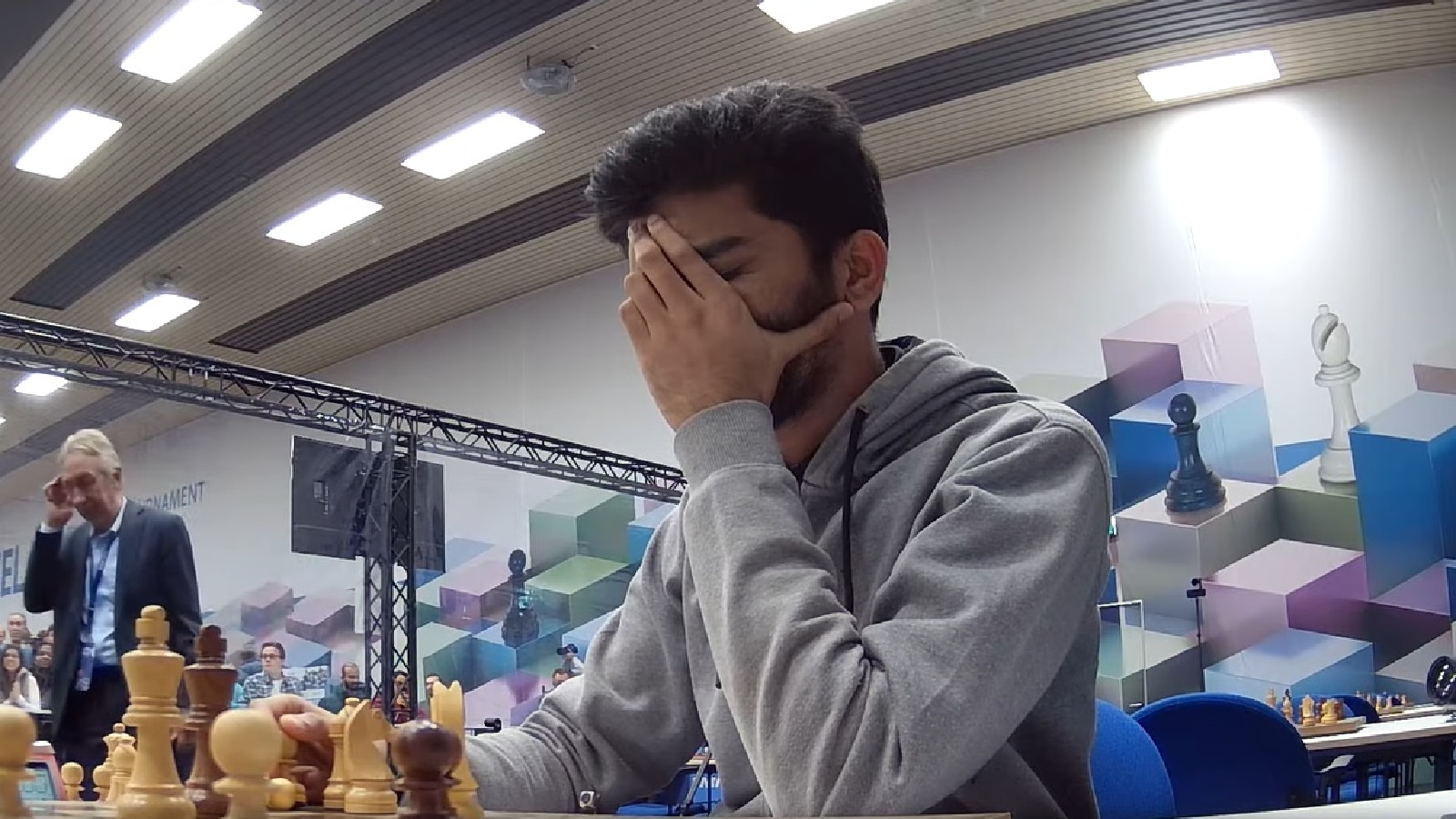 |
|
The Tata Steel chess tournament in Wijk aan Zee concluded with a dramatic showdown between India's rising chess stars. Gukesh Dommaraju, the reigning world champion, entered the final round undefeated, tied for first place with Praggnanandhaa. However, his hopes for victory were dashed by an unexpected turn of events. In a stunning upset, Arjun Erigaisi, who had a previously underwhelming tournament, defeated Gukesh in the final classical round. This unexpected victory significantly impacted the overall standings, setting the stage for a nail-biting tiebreak between Praggnanandhaa and Gukesh for the coveted title.
The tiebreak matches were a thrilling spectacle. Praggnanandhaa, playing with black pieces in the first rapid game, made a critical blunder, gifting a rook to Gukesh and consequently losing the first game. This put immense pressure on Praggnanandhaa, requiring a win in the second game to avoid immediate defeat. In a remarkable display of resilience and skill, Praggnanandhaa managed to win the second game, forcing a sudden-death tiebreaker. In this final, high-stakes encounter, Gukesh, under intense pressure, ran out of time, losing the game and granting Praggnanandhaa the title. The tension and skill displayed throughout the tiebreaks highlighted the exceptional talent and competitive spirit of both players.
Arjun Erigaisi's victory over Gukesh in the final round played a pivotal role in Praggnanandhaa's eventual triumph. Erigaisi's win was especially noteworthy given his subpar performance throughout the tournament. His game against Gukesh was a masterful display of strategic thinking and tactical precision. He identified and exploited a critical weakness in Gukesh's defense, ultimately leading to a decisive victory. This game exemplified Erigaisi's ability to rise to the occasion, showcasing the strategic depth and resilience often found in elite chess players. The analysis of Erigaisi's decisive 28th move highlighted his remarkable foresight and calculation, demonstrating a deep understanding of the position and an ability to predict Gukesh’s potential counterplay. The commentary by Grandmaster David Howell further emphasized the importance of this move, illustrating how a different decision could have led to a checkmate for Erigaisi.
The tournament showcased the exceptional talent within India's young generation of chess players. Gukesh, despite his loss, solidified his position as a formidable force in the chess world. His performance, even in defeat, illustrated the skill and determination required at the highest levels of competitive chess. The tournament also demonstrated that even seasoned players can experience fluctuations in form. Erigaisi's unexpected victory, after a string of disappointing results, underscores the unpredictable nature of competitive chess and the importance of maintaining focus and composure throughout a tournament. The contrasting performances of these players offer valuable insights into the mental and strategic aspects of elite-level chess, showcasing the pressures and triumphs involved in competing at the highest level.
The Tata Steel chess tournament is steeped in history, boasting a long list of past champions, including legendary names like Magnus Carlsen, Viswanathan Anand, and Garry Kasparov. Gukesh's aim was to add his name to this illustrious list, a goal that, while ultimately unfulfilled, still showcased his prowess. Praggnanandhaa’s victory adds another chapter to this rich history, underscoring the continuing evolution and excitement of competitive chess. The tournament highlighted the increasing prominence of Indian players on the world chess stage, a testament to the growing strength and depth of the Indian chess ecosystem. The rivalry and camaraderie between these young players promise an exciting future for Indian chess, with many more captivating matches to come.
